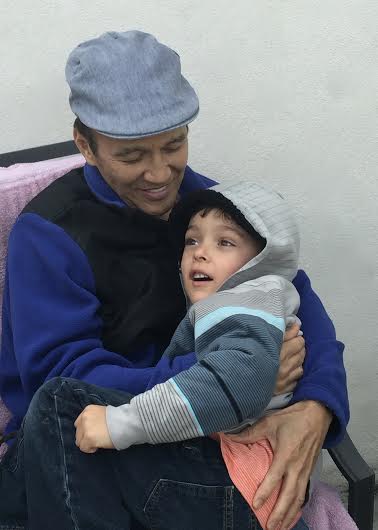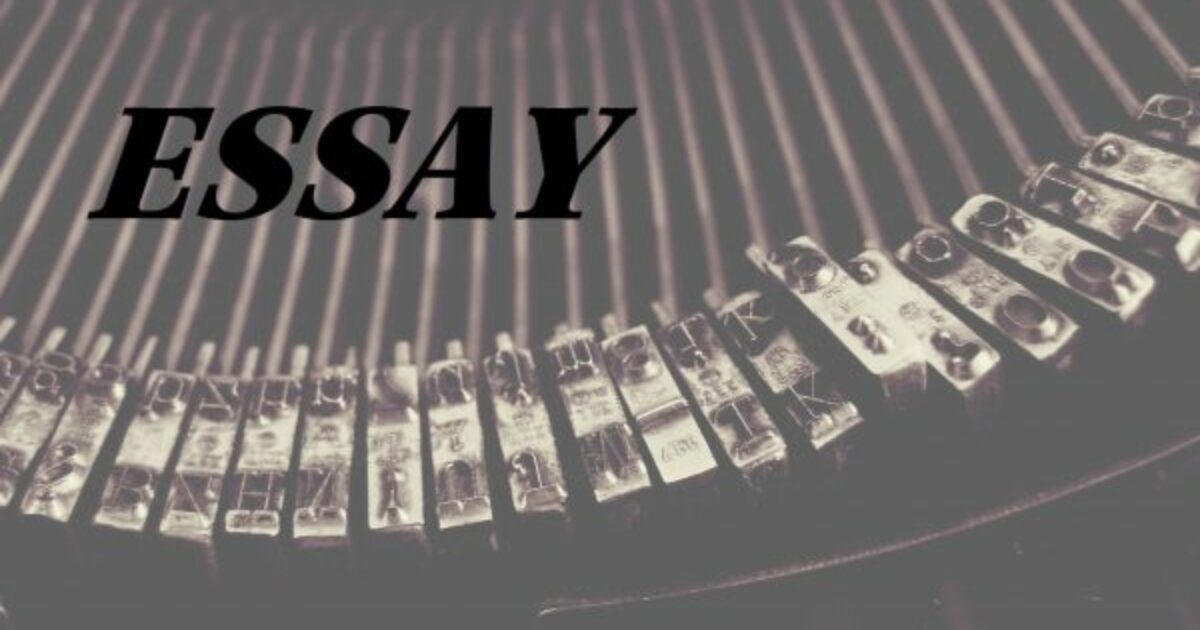Fragments of an Examined Life
By S M Chen, posted 10-6-16 by D Kovacs
“Kindness is the language the deaf can hear and the blind can see.” – Mark Twain
‘The unexamined life is not worth living.” – Socrates
***
Adolescence is a notoriously difficult time. It was particularly so for me.
I was the youngest of six, and both my parents were over 40 when I was born. Looking back, I think they were (understandably) tired. Physically as well as otherwise, their energy level wasn’t what it once was. Yet they betrayed no obvious evidence of this.
Perhaps consequently, I learned much from my siblings.
When I was a toddler of three, one older brother sat me down on our worn Oriental carpet featuring faded gold dragons on a dark blue background. It may have been brought from the homeland of my parents, but now graced the living room of our two-story house—not counting a small basement and attic. There, he taught me the names of the 48 contiguous states and their capitals, using a multicolored jigsaw-type puzzle constructed from a map taken from a chart of then discovered chemical elements. I think I learned to identify some of the states by their unique individual shapes. I wish I could as readily recall state capitals now.
A sister almost a decade my senior enrolled in a French language high school class. The different sounds fascinated and expanded my small world. She taught me how to count from 1 to 20 en français. Next thing I knew she had taken me to class, where someone hoisted me atop the spacious teacher’s desk and I was asked to recite the numbers from ‘un’ to ‘vingt.’ The French teacher tried to encourage her students thusly: if a preschooler could learn this, they ought to be able to do likewise.
Also, when I was still a preschooler, one of the high school/academy teachers came to our house and, one sweltering summer day on the porch, administered an IQ test, the results of which apparently pleased my parents.
Some years later, I was to take some high school courses from this kindly man, who successfully melded teaching with farming. An apiarist, he had been stung many times. Ironically, his wife, mother of his several sons, was highly allergic and I understood any future bee sting could be her last.
Another sister and I shared a biology class taught by this particular man, but we did not sit together. I do not recall the reason. She may have still considered me a nuisance, and I cannot aver I wasn’t.
She went on to become an accomplished keyboardist. Along with my parents, I attended her flawless master’s organ performance in the state’s capital and, rapt, listened with a mixture of pride and anxiety as she moved with skill and alacrity over the much larger instrument, pausing only from time to time to wipe her fingers on a small white handkerchief kept at eye level.
Our teacher, who was balding, had aquiline facial features and wore thin-rimmed glasses, often came in smelling of manure. Initially unpleasant, it’s something I rather quickly became accustomed to. Olfaction is one of the more forgiving senses.
***
I’m unsure how it happened, or why. Perhaps a combination of factors conspired to create the perfect storm that ensued as regards my education.
I’ve wondered at times if things might have been different, had there been horizontal as well as vertical opportunity. But that was then and this is now and, as Danish philosopher Søren Kierkegaard observed, one of the difficulties of life is that it can only be properly understood in retrospect, but must be lived in prospect.
As someone else has said, to those who understand, things are as they are.
To those who do not understand, things are as they are.
I started school at an unremarkable age. My birthday being in March, I was about 6.5 when I started first grade. There was no kindergarten or preschool. I enjoyed learning and reading (some summers, would devour a book a day, procured from a nearby library, whose ivy covered red brick exterior and dark interior with rich wood shelves and massive leather furniture I recall with fondness), and was an avid student. The fact that we had no TV may have been salutary.
I did well in grade school, invariably completing any homework at school. I ended up skipping some grades, going to summer school, and taking some classes by correspondence. I guess it seemed, at least to some, to be the right thing to do. It never occurred to me to protest.
Somehow, I managed to miss geography; I think that was taught in 2nd grade, which I missed in entirety. Were it not for what happened when I was 3, I would be in an even sorrier state. I admit to sometimes being geographically challenged to this day.
***
So, at age 11, I found myself in 9th grade. On balance, I think it more of a detriment than benefit.
We had moved, and some siblings had, in the pursuit of higher education, moved away. I had taken to visiting the school library, where I immersed myself in Great Books of the Western World, and similar works. That would presage years, mostly post formal schooling, of being an autodidact. By having such a compressed formal education, I missed out on certain classes which may have enriched my life.
Two of most valuable college courses I did take were typing and creative writing. The former has been of lifelong utilitarian use. The latter awakened within me nascent tendencies I didn’t previously know I had.
One tends to cultivate friendships with one’s contemporaries. Friends I’d made in grade school were still in grade school. I had moved on, not by choice, but by circumstance. It was small wonder I felt alienated.
It was during this time of adolescence that I came into conflict with my parents, particularly my father. To this day I taste the bitterness of regret and shame. We never came to blows, but tension was periodically high and verbal equanimity shattered on more than one occasion. None of my siblings was around to witness this disruption of family harmony. Just as well.
***
Understandably, my father deemed the situation called for what is now termed a ‘time-out,’ but that was not part of the vernacular then. When I graduated from high school, he determined I should attend a somewhat distant college, one he and my eldest brother had both attended. It would be more expensive than my staying home and attending the local college, but expense was not the primary consideration.
As some Biblical characters (Manasseh, Jonah, the prodigal son, to name a few) are recorded to have done, during that year away I did recover my senses to the point that I wrote a letter of apology to my parents, taking responsibility for the rift and expressing sorrow at the grief I had caused them. I am happy to say that our subsequent relationship was better, and remained so until their later passing.
The fragrance of forgiveness lingered long after their departure.
***
One of the courses I took that year, my first year of college and the first time I had been away from home, was one in mathematics. I was unpleasantly surprised at how difficult that particular class was, and how great seemed the gulf between math classes (including algebra and geometry) I had taken in high school and this college class.
Directly across the hall in the college dorm lived a couple fellows from Canada. The shorter wore thick glasses and got around in a wheelchair. From Newfoundland, he’d had the misfortune to contract polio when younger, and had virtually no use of his lower limbs, which were locked in permanent semiflexion. His upper extremities and torso were as muscular as his legs were not.
I was delighted to learn that the illness that had robbed him of some physical ability had spared his mind. In fact, he was a math whiz. On more than one occasion, perplexed, I walked to his room, math textbook in hand, the solution to a given problem eluding me. He patiently explained matters and never made me feel inadequate (which I surely was). The A I received in that class was in no small way due to his help, and I’m forever grateful.
In trying to track him down recently, I sadly learned that he had passed away in 2015. A posted obituary indicated that, after graduating college, he obtained a PhD in mathematics (specialty: differential equations), and became an academician. He published over 125 articles, was the recipient of innumerable awards and honors, and was known for his quiet intelligence, kindness, humor and integrity. A capable carpenter, he was also a skilled artist, avid reader, traveler and linguist. He fathered five children.
***
He may have well forgotten me. I suspect he did.
But, over many decades of no contact, I yet remember him. And, despite the fact he has departed, the kindness he showed me during a difficult time in my life endures in memory.
I wish to preserve it.
 S M Chen lives and writes in California.
S M Chen lives and writes in California.




